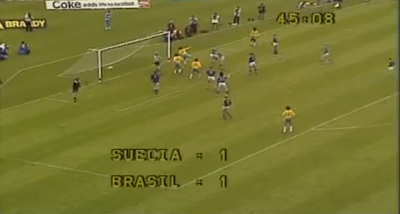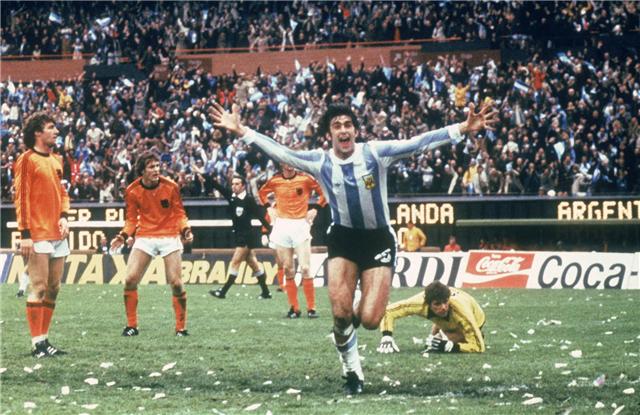Brian Clough. Iconoclast, genius, mischief maker, football manager. I first remember Brian as Derby County manager at the end of the 1960s when together with Peter Taylor, he set the football world alight with an exciting youthful team who gained promotion from the second division. Clough's most important early signing was the wonderful Dave Mackay who played as sweeper and captained his younger teammates to the First Division title in 1972.
The club reached the semi-finals of the European Cup in 1973, but amidst much controversy they lost out to Juventus. Like most football fans, I was astonished when Clough and Taylor left Derby later that year and went south to Brighton. Even more amazing was the news in 1974 that Brian was replacing Don Revie as Leeds United manager. Clough had lambasted the club and Revie for cheating their way to success, so it came as little surprise when he and Leeds parted ways after just forty-four days. Tellingly, Peter Taylor had remained on the south coast when Brian went north.
In January 1975, Clough became the manager of Nottingham Forest who were then a mid-table second division club. Eighteen months later, the dynamic duo were reunited when Peter Taylor came to the City Ground and things really did begin to move. Forest were promoted to Division One in 1977 and then took the top flight by storm and became League Champions the next year.
The European Cup now came back into Clough's life, and after beating the holders Liverpool in the first round, Forest kept on going and reached the final following a tight two legged semi-final against Cologne. Malmo awaited in Munich. The final was a tense affair, settled by a headed goal from Trevor Francis who was making his European debut following his million pound transfer from Birmingham City earlier in the season. The 1979-1980 season saw Forest retain the trophy against Hamburg in Madrid.
That was the peak of Clough and Taylor’s career together. Peter left Forest to retire in May 1982, only to come back to manage Derby County seven months later. Brian and he sadly fell out the following year over a player’s transfer and never spoke to each other again. Meanwhile, Forest continued as one of the top First Division teams throughout the 1980s, but never again approached the peaks of the late 1970s. By the early 1990s, Brian was struggling with alcoholism and Forest were relegated from the Premier League in 1993 and Brian Clough retired from football management.
Peter Taylor had died in 1990 and Brian Clough cried when he heard the news, and attended his old friend’s funeral. Brian finally underwent a liver transplant in 2003, but died the next year from stomach cancer. So ended the life of a true footballing great, and although far from perfect, Brian Clough really did help so many of us believe in miracles.
:format(jpeg):mode_rgb():quality(40)/discogs-images/A-142073-1335279552.jpeg.jpg)


